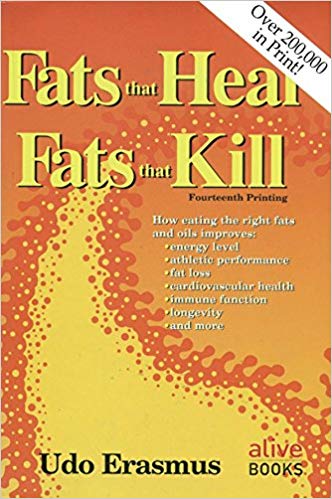By Ben Fuchs | Pharmacist Ben
Did you know melatonin is as much a digestive hormone as it is a brain hormone? Everyone knows you can take melatonin to help you sleep, but it’s actually involved in much more than brain health. In addition to being an important digestive hormone, melatonin is involved in supporting the body’s defense system. It has anti-inflammatory properties, it can help lower blood pressure, stabilize blood sugar, and it’s been used medically for anti-fibrosis properties. And that’s not all. Savvy practioners have used it to treat tinnitus and fibromyalgia as well. It can help build bone. And it’s a powerful anti-aging molecule that helps prevent cancer too. That’s a lot of benefits for a non-toxic supplement that will cost you less 2 cents a dose!
 Levels of melatonin and the alertness hormone serotonin cycle back and forth, with dark of night and light of day. Serotonin, the hormone which promotes vigilance and awareness of the environment, is secreted in response to the sun as perceived by the pineal gland, while the production of it’s hormonal partner melatonin, predominates at night. This back and forth dance of hormones with day-night cycles is part of what biologists call a circadian (daily) rhythm.
Levels of melatonin and the alertness hormone serotonin cycle back and forth, with dark of night and light of day. Serotonin, the hormone which promotes vigilance and awareness of the environment, is secreted in response to the sun as perceived by the pineal gland, while the production of it’s hormonal partner melatonin, predominates at night. This back and forth dance of hormones with day-night cycles is part of what biologists call a circadian (daily) rhythm.
The book “Lights Out” makes the important point that the prevalence of 21st century 24/7 lighting has had a disastrous effect on the melatonin-serotonin manufacturing rhythms which depend on day-night circadian cycle. According to the author T.S Wiley, because of its relationship to eating behavior, one of the effects of the excessive amount of light induced serotonin production is food craving, especially for carbohydrates. How much of a contribution this modern day circadian chaos contributes to the obesity epidemic is hard to say, but at least according to Wiley it’s not insubstantial.
If you want to make sure you’re getting enough melatonin, it’s probably a good idea to take some supplementally at bedtime, 5-7 nights a week. It’ll help you fall and stay asleep and it’ll give you some pretty intense dreams too. Take at least 3mg doses and you could probably take 5 or 6mg. Melatonin is cleared out of the body quickly and it’s pretty much benign stuff. I like the sublingual kind that dissolves under tongue. They get right into the blood through microscopic sublingual capillaries and go to work really fast. I feel drowsy within minutes. There’s also melatonin found in foods. Rice corn mustard seed peanuts and walnuts all contain substantial amounts of melatonin. Tart cherries have especially high concentrations of melatonin. Just a couple or three can get you nearly 1.5mg of the important, multi-beneficial hormone.


 Technically referred to as “glycation”, the damaging effect of glucose on the delicate renal circulatory system has long been regarded as one of the more significant health challenges faced by diabetics. According to the researchers from the nephrology department at the University of Heidelberg (Germany) who published the data, the B-vitamin benfotiamine may be a new weapon against glycation of the kidney and other tissues faced by so many unfortunate Americans.
Technically referred to as “glycation”, the damaging effect of glucose on the delicate renal circulatory system has long been regarded as one of the more significant health challenges faced by diabetics. According to the researchers from the nephrology department at the University of Heidelberg (Germany) who published the data, the B-vitamin benfotiamine may be a new weapon against glycation of the kidney and other tissues faced by so many unfortunate Americans.










